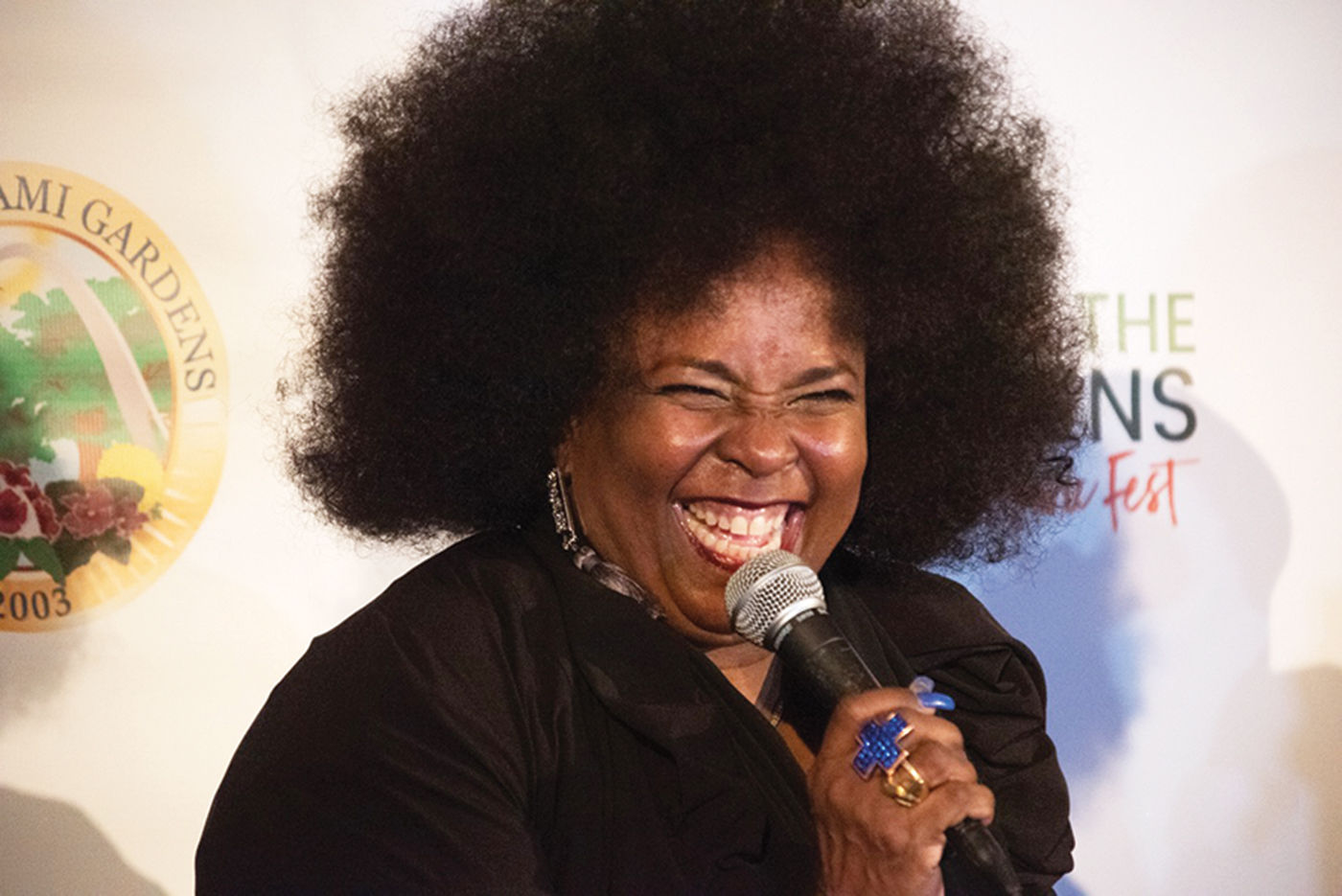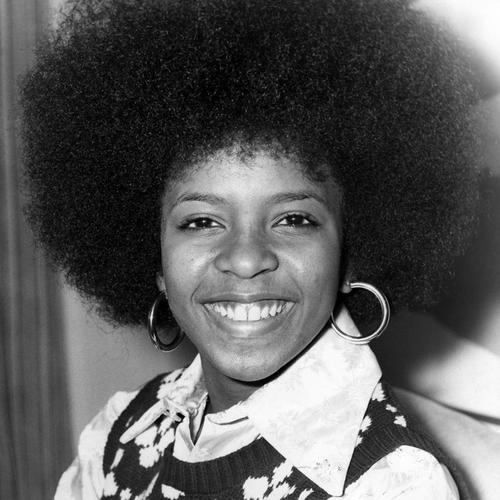

"Clean Up Woman" ended up as a top 10 hit on multiple charts, and it directly inspired Wright's future singles "Baby Sitter" (1972), "Outside Woman" (1972) and "Secretary" (1974), in which she spun further tales of women who stole other women's men. But I found out that all I had done was Made it easy, for the clean up woman, To get my man's love, huh huh. When he needed love, I was out having fun. Second, the song's content was equally memorable as another cautionary tale of what happens if a woman strays too far from her paramour: First, its opening guitar lick, supplied by Willie "Little Beaver" Hale, was a perfect ear worm, one of the most recognizable riffs in R&B history.

In an unusual move, three years after the original release of "Girls Can't Do What the Guys Do," Atlantic Records placed the song as the b-side to what was becoming Wright's breakout single: "Clean Up Woman." Whether by intention or not, in pairing the two songs on the same 45, it's as if Atlantic wanted to stage a conversation on the themes of the older tune by revisiting them on this emergent hit.Īccording to Capouya, Reid and Clarke had written the song to be recorded by a male singer as "Clean Up Man," but "when they realized what they had in Betty Wright, they changed the lyrics." "Clean Up Woman" made an instant impression at least two ways. Long before the term "slut shaming" came into common parlance, Wright's song called attention to a sexist double-standard that, sadly, hasn't radically changed in the half century since its recording. On the hook, Wright laments, "Girls, you can't do guys what the guys do – no – and still be a lady ," explicitly highlighting the hypocrisy of dating mores, where male promiscuity is accepted - even celebrated - while women are held to a stifling, puritanical standard. The song wasn't as risqué as another Reid & Clarke composition on the same album, "Sweet Lovin' Daddy," but the subject matter of "Girls Can't Do What the Guys Do" was arguably more mature. As Capouya told me over the phone, "because of the material, they didn't want to necessarily emphasize that she was so young and she was definitely singing above her age." As if to accent this point, on the song, Wright sings, "Just take this advice I give ya / just like a mother." Clarence Reid and Willie Clarke penned most of her early tunes, and they cast Wright as a worldly adult woman in ways that might have made listeners uncomfortable if they had realized she was a young teen. Unlike other adolescent artists whose youth was central in how they were marketed, Wright's vocal power allowed her to "pass" for a much older singer. Recorded for her debut album, My First Time Around, "Girls Can't Do What the Guys Do" came out when Wright was still just 14.

Blige and Beyoncé across the 2000s a parade of artists lined up to work with her, from The Roots to Rick Ross, Angie Stone and Lil Wayne. B Records by the '90s her music became sample fodder for younger contemporaries like Mary J. By the '80s, she would launch her own successful independent label, Ms. When she emerged with her preternatural gifts in the 1960s and then especially as her career blossomed across the 1970s, it's hard to imagine a more versatile talent, one who could belt like Aretha Franklin, hit the whistle register like Minnie Riperton and spin melodramas like Millie Jackson. Born Bessie Regina Norris in December of 1953, Betty Wright was a transcendent artist across multiple eras, building an entire body of work by the time some of her musical peers were just finding their voices.

Wright's age at the outset of her career is a bit of essential R&B trivia, but it shaped the career of one of Miami's greatest singers in crucial ways. She was only 12 years old but felt ahead of her time. She just shut down our rehearsal." Deep City signed Wright soon thereafter. As recounted in journalist John Capouya's book, Florida Soul, Clarke was rehearsing with a band when he heard Wright singing over Billy Stewart's "Summertime" in another room: "The record was down low but she had overpowered his lead voice. She had been recently discovered by artist, songwriter and producer Clarence Reid, who wanted Deep City co-founder Willie Clarke to take a listen to Wright's singing chops. In 1966, Betty Wright dropped by the offices of Deep City, a Miami label located in the back of Johnny's Records in her home neighborhood of Liberty City. Wright was already a veteran by the time she was out of her teens, having released four studio albums that included multiple songs that would be career signatures. Betty Wright in 1975, when she was 21 years old, stands with a display of some of her album covers.


 0 kommentar(er)
0 kommentar(er)
